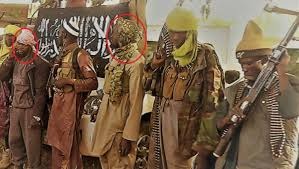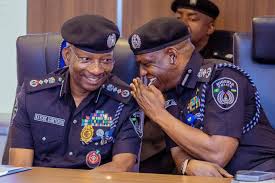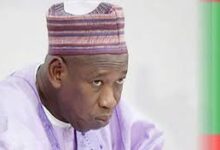Negotiating with terrorists

The activities of terrorists, bandits, armed herdsmen, kidnappers and other forms of crime have almost brought the country to its knees.
Tens of thousands have lost their lives, while millions of others have been maimed and displaced, especially in the North East, Middle Belt and North-West Nigeria.
Kaduna State, one of the six states in the North West, had been under attacks by bandits, especially in communities such as Chikun, Kagarko, Giwa, Kajuru and Birnin Gwari local government areas of the state. To curb the activities of these criminals, the state government offered a peace deal to the bandits.
While we commend the Kaduna State Government’s efforts in trying to end these criminalities in the state, we do not think that negotiating with criminals is a sustainable solution to insecurity. It was not the first time the government was negotiating with bandits. The former governor of the State, Nasir el-Rufai, also negotiated with them without any positive result.
Negotiating with criminals has never been an effective solution to criminality. It only emboldens the criminals and places the government in a position of weakness.
Such compromise also erodes people’s confidence in the ability of the government to protect their lives and property. Those who lost their relations to the criminals are bound to feel betrayed, seeing the murderers of their kit and kin pardoned and walking the streets free.
Poverty, hunger and illiteracy which are products of mis-governance, give rise and feed banditry, terrorism and other forms of criminality in Nigeria. One of the lasting solutions to insecurity, therefore, is good governance geared towards eradication of poverty, hunger and illiteracy.
A good and effective government will build effective security agencies that will never buge even an inch to criminals. For now, as gallant as they are, the rate at which the men and officers of our armed forces are being mowed down by terrorists shows there is something fundamentally wrong.
If we must have a country, our politicians must completely overhaul the way they govern Nigerians. There is no magic by which a corrupt government can build and maintain effective and corruption-free armed forces, which are needed to deal decisively with criminals and all kinds of security threats.
The citizens are also significant partners in any fight against insecurity. Security agents are not spirits; the secret to their success is gathering of intelligence mostly from members of the public. A population that does not trust its security agents will hardly volunteer information to them.
We can never overemphasise the need for the establishment of state or regional police in the country. Nigeria is too large to be policed from Abuja. Policemen and women are most effective when they work in their most familiar terrains, especially where they are invested in the people’s progress and welfare.
No country, including Nigeria, can make any form of progress until the government rises up to its constitutional responsibility of providing security of life and property to the people.






